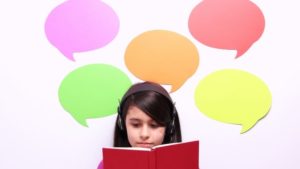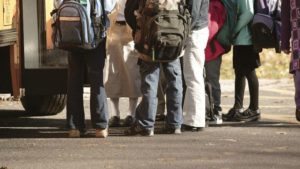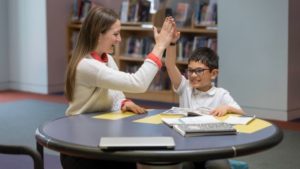Early childhood is a time of exploration and discovery. Young children learn about the world around them through watching the environment, comprehending their surroundings, and interacting with their classmates. A strong performing arts program will help your kid study more effectively. Our comprehensive curriculum is based on the four performing arts disciplines of drama, music, singing, and dance, and is tailored to children ages 18 months to six years old in order to help them develop critical literacy, numeracy, and socio-emotional skills. Continue reading to learn how performing arts in early childhood education may help your kid.
1. Encourages the development of social and emotional abilities.
Roleplaying allows kids to pretend to be someone else for a short amount of time, which may help them express and cope with their emotions – especially if they have difficulty doing so on their own. Children may feel, express, and accept certain emotions that they may not be comfortable with while they’re among others by taking on the part of another character. Children learn empathy via pretend play. Children learn to put themselves in someone else’s shoes and grasp what the other person feels and experiences when they play the part of someone else and articulate the character’s thoughts and feelings.
2. Enhances reading and numeracy abilities
Children will master self-expression and comprehension abilities via roleplaying, which are essential for literacy development. As kids start to read and write in their early years, these abilities will come in useful. Reading scripts and learning new songs allows kids to learn new words and phrases, allowing them to expand their vocabulary. Children can also improve their numeracy abilities via music and singing. They can improve their number awareness by counting beats and rhythms in music, for example.
3. Encourages critical thinking and creativity
Children who participate in the performing arts will be better equipped to deal with unexpected situations and will learn to think on their feet. Other students will learn to improvise and keep the show moving if someone forgets their line or makes a mistake during a music or dance performance. The ability to remain cool and go on in the face of adversity is a valuable skill that may be employed throughout your child’s life. More significantly, your kid will realize that making errors is a natural part of life and not anything to be afraid of; with this mentality of 100% Respect, Zero Fear, your child will be more confident in taking on new tasks and will be more likely to succeed in future endeavors.
4. Promotes collaboration and teamwork.
It is critical that everyone participates and works together smoothly to put on a good show, whether it be a play, music, or dance performance. Teamwork and cooperation, in addition to the performing arts, are crucial qualities that will help your kid achieve in school and beyond.













